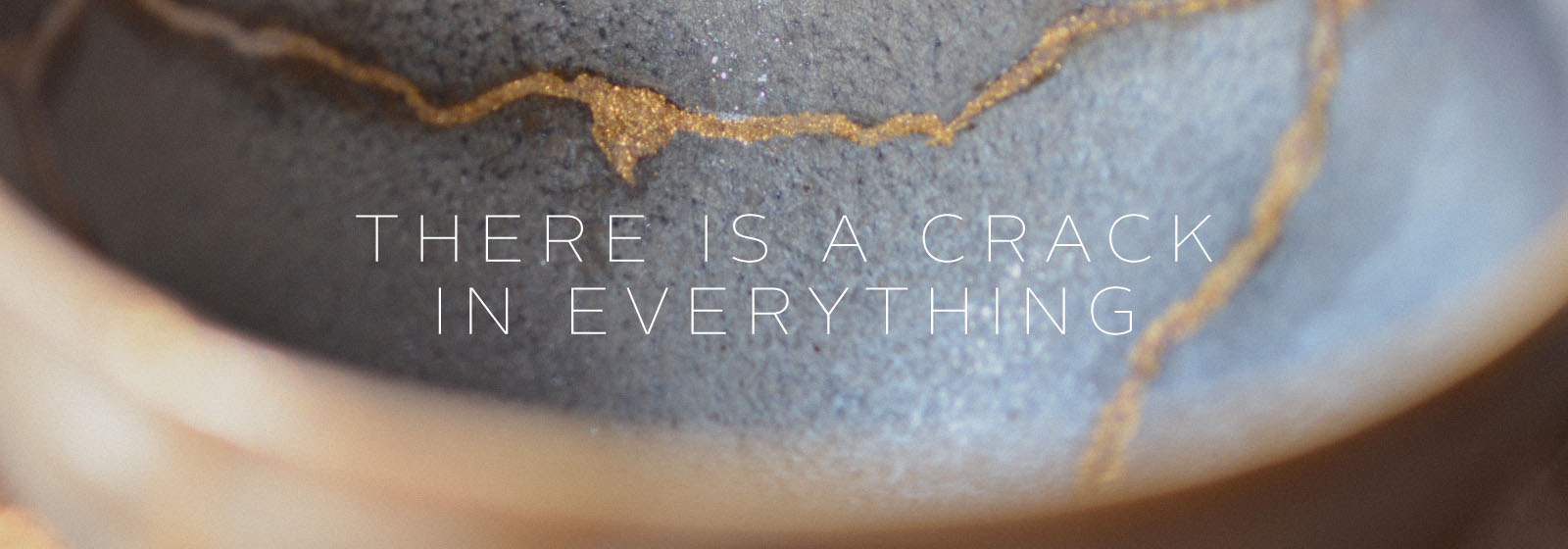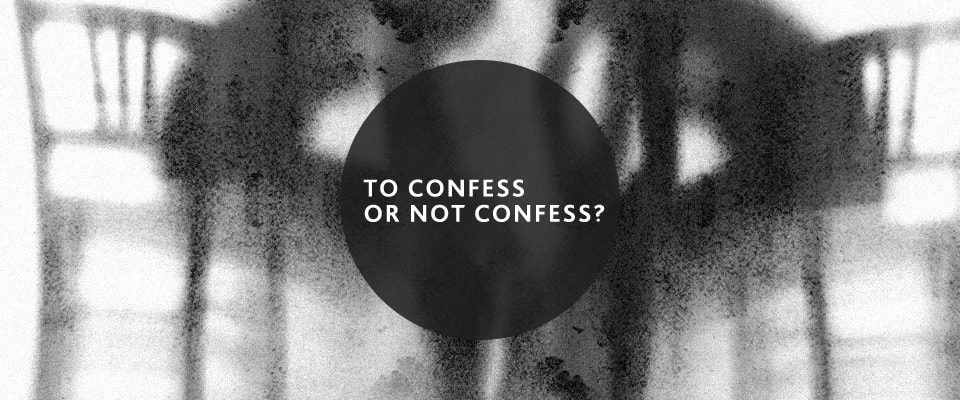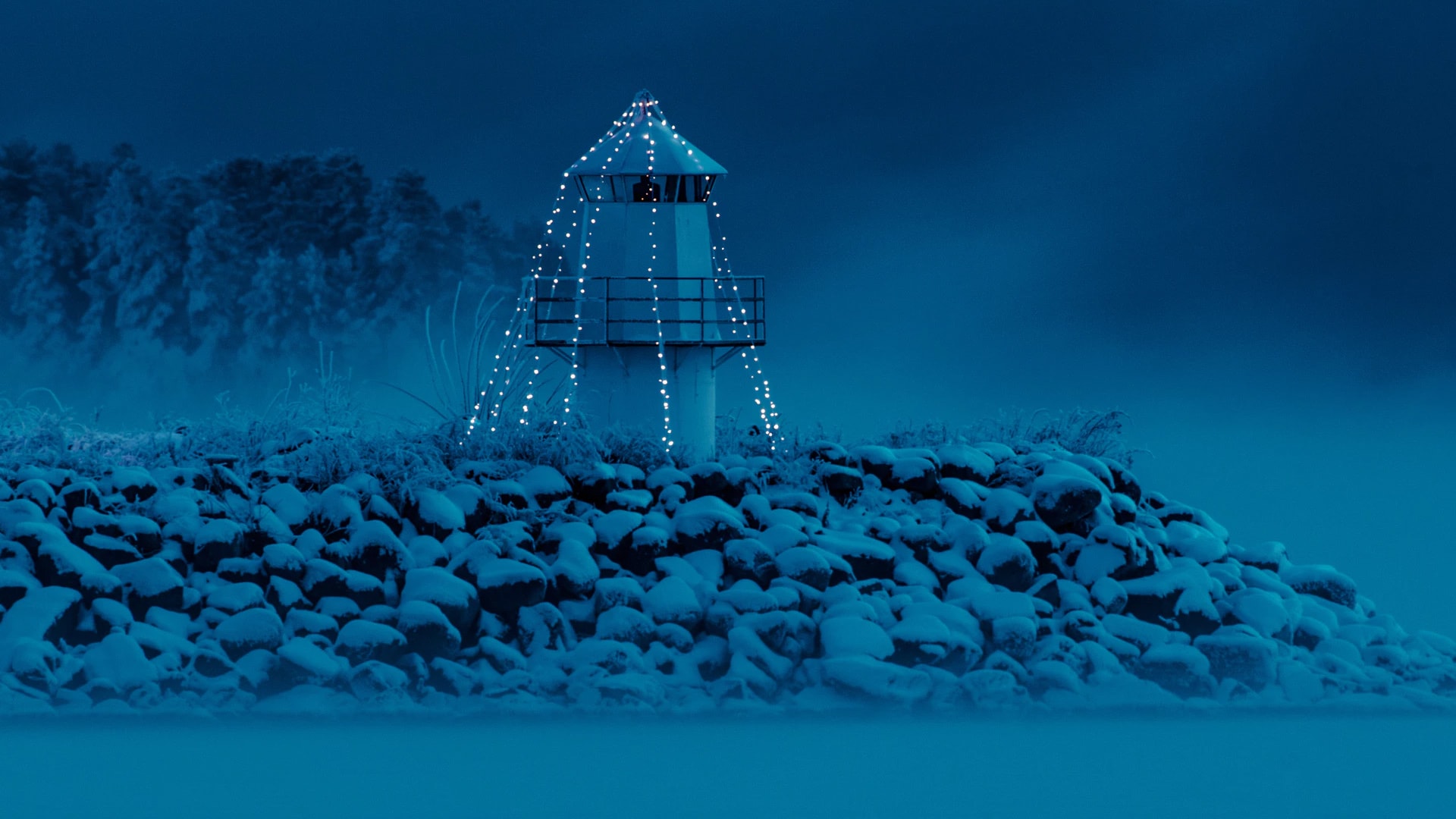January in Vancouver is a dreary month. The festive lights, the parties, and the candlelit carols have faded abruptly into the endless grey drizzle and pale days of the new year.
It starts off all right; it’s New Year’s Day and the year so far is a beautiful bowl brimming over with expectation and possibility. Our resolutions well up; this will be the year I actually start a novel, reorganize the kitchen cabinets and keep them tidy, make a reasonable and healthy exercise plan and actually do it, read the Bible all the way through.
And for the first few weeks of January, (or days, or hours) it seems like I am invincible. Armed with determination and the invigorating feeling of virtue that comes with making good choices, we successfully embraced our resolutions. For me, however, just about now, the cracks have started to appear; maybe it will be a spectacular crash, but more often it’s just a little crack. I just chuck that tupperware any old place. I start another old episode on Netflix instead of exercising. I choose the siren song of sleep over Genesis.
And the brilliant pool of possibility seems to seep, or even gush out of the year’s broken bowl. And the end of January comes with a sigh.
Disappointment with oneself is double-edged. It can act as a spotlight, pointing out the things we need to change, but it can also paralyze and diminish us. When we depend on our own resources to recreate ourselves, the finished product is never what we longed for in the first place. Maybe this is because we have trouble envisioning just what we can be or even how we can change. Our imagination is limited and, as creative as we are, we don’t see ourselves with God’s perfect artistic eye.
I love the image that Hey Rosetta used in their song Kintsukuroi. They sing:
Bless the broken bowl
make it whole, make it better than it was before,
make it better than it was before!
Oh stand in front of me
painted gold, coming on home
and bring that summer sun
It’s not just the image of golden summer sun that appeals (although at the moment I long for its warmth and brightness passionately), it’s the idea of Kintsukuroi itself that I find fascinating. Kintsurkuroi or Kintsugi is the Japanese practice of mending broken pottery with resin mixed with gold or silver. Instead of tossing away a bowl that had been lovingly made and joyfully used, the artist creates something even more beautiful, bringing light to fill in the cracks. This is a such a hopeful practice to consider as I contemplate my broken resolutions.
I must be reminded that there are no perfect resolutions, just as there are no perfect sacrifices.
I must be reminded that there are no perfect resolutions, just as there are no perfect sacrifices. The Psalmist writes in Psalm 51:17 that, “The sacrifices of God are a broken spirit; a broken and contrite heart, O God, you will not despise.” This is good news for those of us that fail in our small yearly resolutions and, more importantly, in our seemingly impossible desire to be like Christ. How wonderful that, because of the loving sacrifice of Jesus, God doesn’t demand perfection of us. I love the lines from Leonard Cohen’s song Anthem:
Ring the bells that still can ring
Forget your perfect offering
There is a crack, a crack in everything
That’s how the light gets it.
It is always tempting for me to strive for a perfect offering to bring to God. I want to be able to say, “Look God, here it is. A perfect month of Bible reading. Never a skipped day, we’re right on track. Acknowledge my hard work. Reward me.” But even if this offering were possible (and it’s not this month, I’m already behind), it’s an offering that is not about my love for God, but my desire to prove myself righteous. How can God transform my nature if there is no room for him?
It is when we bring our cracked and disappointed hearts to Jesus for mending that he begins to transform us. I think this is where my efforts at remaking myself often go awry. The bowl doesn’t make itself and it certainly can’t repair its own damage. The image of the potter and clay is used many times in Scripture; we are fashioned out of clay, moulded to shape, and carry the new life of Christ in jars fragile as porcelain, easily cracked. I often need to be reminded that we are never perfectly completed, our creation and recreation is continuous. And so much more often than our pride would like, it is our brokenness and failure that allows God to pour himself into us and make us new.
New
and golden
and beautiful.




